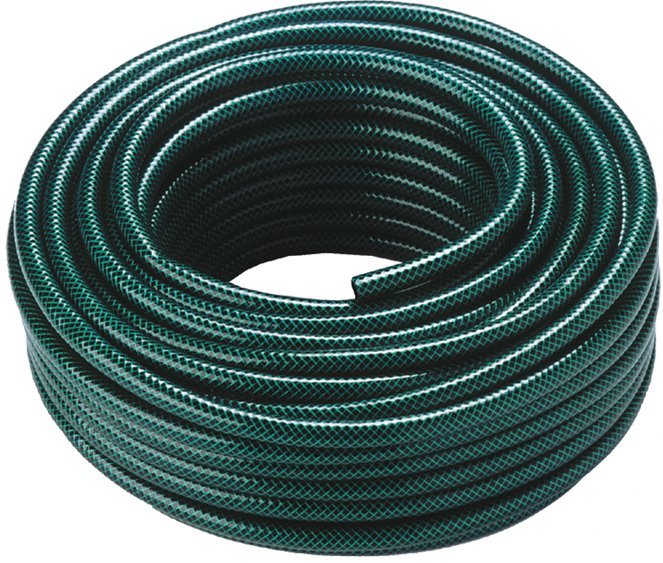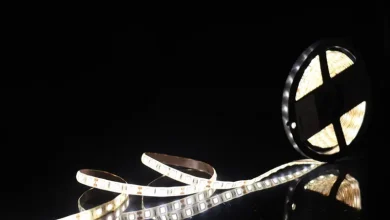When it comes to gardening, having the right tools can make all the difference. One of the most essential tools for any gardener is the garden hose, and choosing the right type is crucial for efficiency and ease of use. Two popular options on the market are PVC (polyvinyl chloride) garden hoses and rubber hoses. Each type has its own advantages and disadvantages, and understanding these can help you make an informed decision for your gardening needs. In this article, we’ll compare PVC Garden Hose and rubber hoses, evaluating their durability, flexibility, weight, cost, and environmental impact.
1. Durability
PVC Garden Hoses:
- Resistance to Kinking: PVC hoses are generally resistant to kinking, which can often restrict water flow. They can hold up well against everyday wear and tear.
- UV and Chemical Resistance: PVC hoses are designed to withstand UV exposure and resist the effects of chemicals, making them suitable for use with fertilizers and pesticides without degrading quickly.
Rubber Hoses:
- Superior Durability: Rubber hoses are often considered the most durable option available. They can handle heavy usage and are resistant to both high and low temperatures.
- Resilience to Abrasion: Rubber is highly resistant to abrasions and punctures, making these hoses ideal for rough handling or abrasive environments.
Verdict: If you need a hose that will last for years with regular use, rubber hoses typically have the edge in terms of durability.
2. Flexibility and Handling
PVC Garden Hoses:
- Less Flexible: While PVC hoses are generally flexible, they can become stiff in colder temperatures, making them harder to maneuver.
- Lightweight: PVC hoses are lighter than rubber hoses, making them easier to carry and maneuver around the garden, especially for those with limited strength.
Rubber Hoses:
- Highly Flexible: Rubber hoses remain flexible in various temperatures, making them easier to handle in both hot and cold weather.
- Heavier Weight: While their weight can provide stability, rubber hoses can be cumbersome for some users, especially when filled with water.
Verdict: If you prefer a lightweight and easy-to-maneuver option, PVC hoses might be the better choice. However, if flexibility in various temperatures is your priority, rubber hoses excel.
3. Cost
PVC Garden Hoses:
- Affordable Option: PVC hoses are typically less expensive than rubber hoses, making them an attractive choice for budget-conscious gardeners.
- Value for Money: Given their durability, PVC hoses can be a cost-effective solution, particularly for light to moderate gardening needs.
Rubber Hoses:
- Higher Initial Cost: Rubber hoses usually come with a higher price tag. However, their longevity may justify the investment for serious gardeners who need a reliable hose for frequent use.
Verdict: If budget is a major factor, PVC hoses provide an economical choice. However, consider the potential long-term savings of investing in a rubber hose if you anticipate heavy usage.
4. Environmental Impact
PVC Garden Hoses:
- Recyclability Issues: While PVC is technically recyclable, the recycling rates are low, and disposal can contribute to environmental concerns. However, PVC hoses are durable, meaning they don’t need to be replaced as often, which can mitigate some waste issues.
Rubber Hoses:
- More Eco-Friendly: Rubber hoses are made from natural materials and are generally considered to have a lower environmental impact. They are biodegradable and can be recycled more easily than PVC.
Verdict: For eco-conscious consumers, rubber hoses might be the better option due to their natural composition and recyclability.
5. Performance and Functionality
PVC Garden Hoses:
- Good Water Flow: PVC hoses can deliver a strong water flow and are available in various diameters to suit different gardening tasks.
- Color Options: They often come in various colors and styles, which can be appealing for aesthetic purposes.
Rubber Hoses:
- Handles Pressure Well: Rubber hoses are capable of handling high water pressures, making them ideal for more demanding tasks like pressure washing or watering large gardens.
- Heat Resistance: They can withstand higher temperatures, making them suitable for hot climates without losing integrity.
Verdict: If you require a hose for high-pressure applications, rubber hoses are your best bet. For general gardening tasks, both PVC and rubber hoses will perform adequately.
Conclusion: Choosing the Right Hose for Your Gardening Needs
When it comes to selecting the right garden hose, both PVC and rubber options have their merits. If you’re looking for an affordable, lightweight hose for light to moderate gardening tasks, a PVC garden hose is an excellent choice. They offer good durability, are resistant to kinking, and come in a variety of colors and lengths.
On the other hand, if you need a heavy-duty hose that can withstand the rigors of frequent use, a rubber hose may be the better investment. Their superior durability, flexibility in all weather conditions, and eco-friendliness make them a top choice for serious gardeners.
Ultimately, the right choice depends on your specific gardening needs, budget, and environmental considerations. By evaluating the pros and cons of PVC and rubber hoses, you can make an informed decision that will enhance your gardening experience for years to come.





